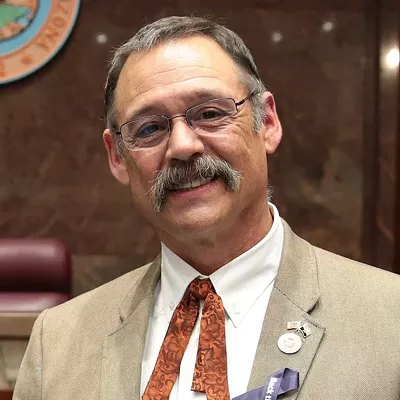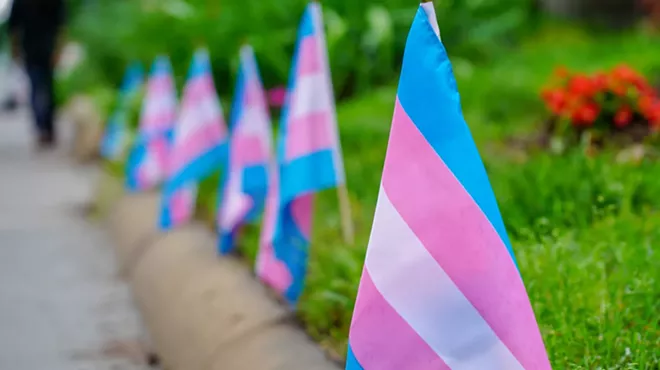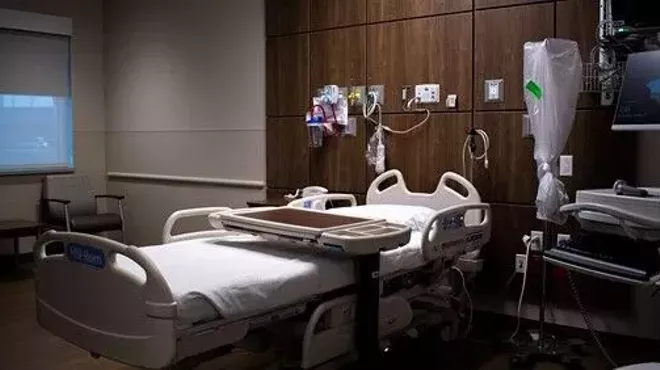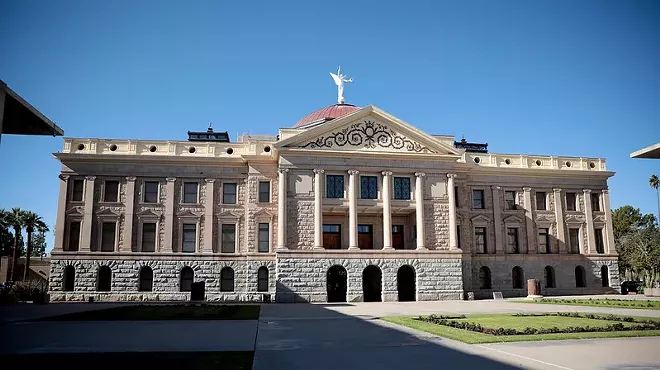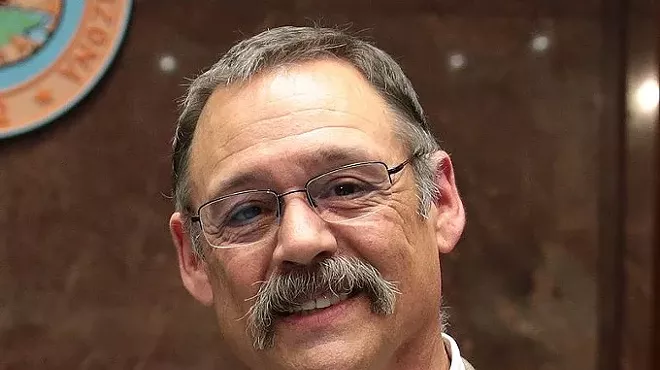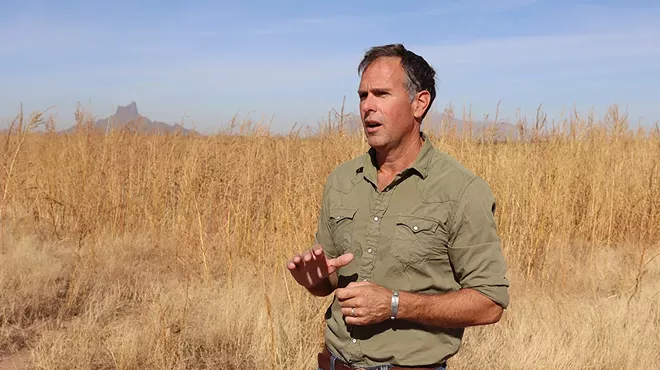Monday, February 9, 2015
New Refugee, Parole Program Offers Some Minors in Central America Legal Option to Come to US
The Department of State and the U.S. Citizenship and Immigration Services launched an in-country refugee and parole program for certain minors in Guatemala, El Salvador and Honduras.
The influx of undocumented Central American children into the U.S. escaping violence and extreme poverty in their native countries, or trying to find a parent or relative already here, has been constant. But last year, the federal government and media outlets who otherwise have paid little to no attention to the detrimental conditions in Central America or the children coming here, began reporting on the issue when that influx reached an overwhelming peak. Tens of thousands of unaccompanied minors made their way north in just a few months last year and continue to come. (There have been rumors going around that they could easily get their papers. Governments in these three countries and in Mexico have launched campaigns to inform people about the reality of risking their lives to head north and that for most there isn't a route they could take that leads to living here legally.)
At the time, the Tucson Greyhound Bus Station saw countless of women and children dropped off as they hoped to reunite with relatives in other corners of the country.
These women and children arrive here after a very dangerous journey through Central America to the borderlands of southern Mexico where most of them aboard a freight train known for years and years as La Bestia, the beast.
An emergency shelter was temporarily set up at a Border Patrol facility in Nogales last summer, while agencies under the umbrella of the Office of Refugee Resettlement and other immigration agencies could figure out what to do. (That shelter ended up processing more than 5,000 kids and teens while it remained open from mid-May to July of last year.) Oftentimes, children are placed in the care of places such as the Southwest Key programs, which serve as a temporary home while they help locate a relative or guardian for the kids. That group ended up opening a facility in Tucson in response to last year's influx.
So, this Central American Minors Refugee, Parole Program was established so that children would have a "safe, legal and orderly alternative to the dangerous journey" they tackle trying to come here.
"The program allows certain parents who are lawfully present in the U.S. to request access to the U.S. Refugee Admissions Program for their children still residing in one of these three countries. Applicants who gain access to the program, but are found ineligible for refugee status will be considered on a case-by-case basis for parole into the United States," USCIS says.
This program has been accepting applications since Dec. 1, 2014.
From the USCIS:
Certain parents who are lawfully present in the U.S. are eligible to file a form requesting access to the U.S. Refugee Admissions Program for their children. A qualifying parent in the U.S. may file form DS-7699 Affidavit of Relationship (AOR) for Minors Who Are Nationals of El Salvador, Guatemala, and Honduras (CAM-AOR). This form may only be accessed and completed with the assistance of a designated resettlement agency.To qualify, the child must be unmarried, under the age of 21, and be citizens and reside in Guatemala, El Salvador or Honduras. In some cases, a parent may qualify for the program if he or she is the spouse of the eligible parent living in the U.S. An eligible parent must have permanent resident status, temporary protected status, or deferred action in the U.S.. It leaves out a lot of people who don't have any of those protections, unfortunately.
"Parolees and persons granted deferred action must have been issued parole or deferred action for a minimum of one year. For all other categories listed above, individuals who are lawfully present and in a valid status at the time of application (this means the date of CAM-Affidavit of Relationship filing) are eligible," USCIS says.
There is no deadline to apply for the program, and there is no fee. But, "DNA relationship testing must occur between the qualifying parent in the U.S. and his/her biological children. The parent in the U.S. will pay the initial costs of DNA testing and will be reimbursed for testing costs ONLY if ALL claimed and tested biological relationships are confirmed by DNA test results," USCIS says.
For more information, visit the USCIS website.
Tags: unaccompanied minors , central america , guatemala , el salvador , honduras , citizenship and immigration services , tucson , arizona , influx , southwest key , prensa libre



